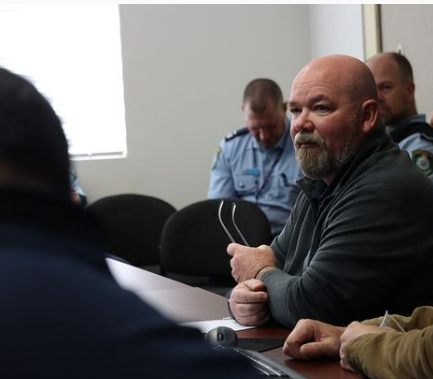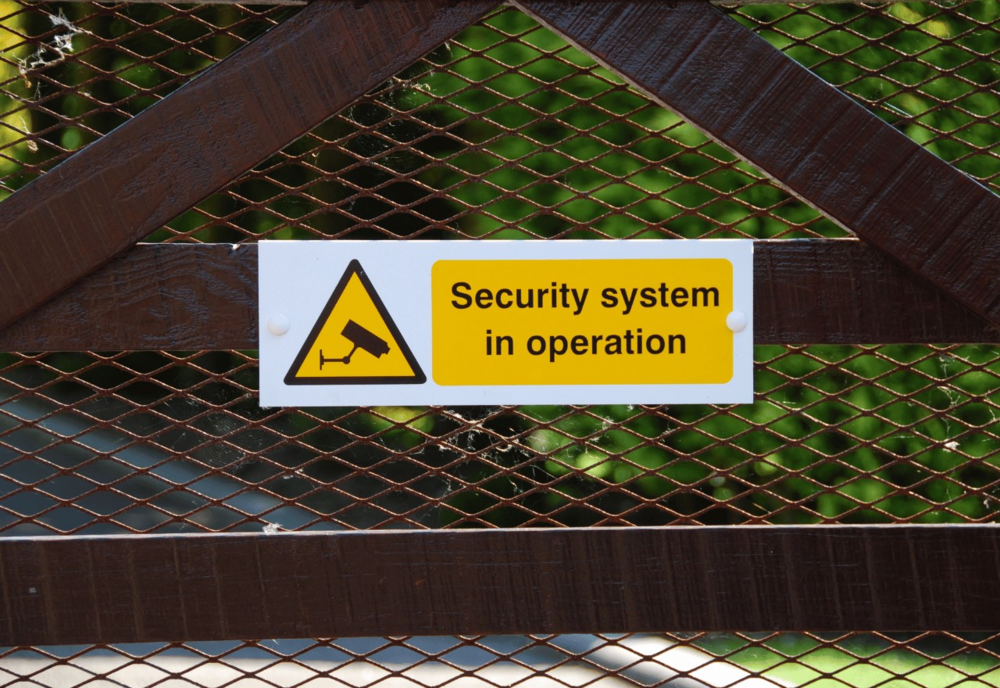Pushing regional crime all the way to the top
Laura Williams
19 October 2023, 8:20 PM
 Police Association NSW President Kevin Morton, Country Mayors' Association NSW Chairman Mayor Chaffey and Mayor of Parkes Ken Keith. (PANSW)
Police Association NSW President Kevin Morton, Country Mayors' Association NSW Chairman Mayor Chaffey and Mayor of Parkes Ken Keith. (PANSW)Regional NSW has long held an embarrassing reputation for crime statistics, with recent reports showing that rural crime is seemingly becoming more and more common. Now, stakeholders are joining forces in requesting a Parliamentary Inquiry into the issue.
NSW Farmers, the Country Mayors Association of NSW and Police Association of NSW have joined forces to make their call for an inquiry into crime, law and order in rural and regional NSW louder.
“It’s just common practice as you drive into any of our regional towns to see a burnt out car as the first thing that greets you,” said CMA Chairman Mayor Chaffey.
“It is estimated one-third of New South Wales’ population live outside metropolitan areas, but we are still second-class citizens when it comes to the safety of our communities.”
According to BOCSAR, up to 90 per cent of crimes including vehicle theft, breaking and entering, sexual assault and domestic assault occur in regional communities.
“We have not been heard by our state leaders, and our people - particularly the elderly and the vulnerable - are scared. They need to feel safe. They deserve to feel safe,” Mayor Chaffey said.
Police just as stumped
Police Association NSW President Kevin Morton said that on the ground, resources are in short supply and regional officers suffer responsibilities that hinder their effectiveness.
“Our regional police officers are expected to be the 24/7 problem solvers. Police in these regional and remote locations are required to attend emergency situations that cover huge geographical areas with limited staff and resources with little to no backup,” Mr Morton said.
“When they do call for assistance, it can be an hour away or more,” he said.
According to Mr Morton, police officers based in regional communities are expected to pick up the workload of other government departments.

Kevin Morton, Police Association NSW President. IMAGE: Police Association NSW
“Police officers are spending hours transporting prisoners hundreds of kilometres across remote areas to correctional facilities, while other government departments close their doors once business hours are over and shift the workload onto our already stretched frontline workers.”
“This is not our job and is taking police officers away from serving their communities.”
In areas of the Western Plains, however, high police numbers have not always equated to lower crime levels.
In Bourke, despite a police force that was once reported to be 40 officers strong, the local council has found a way to take growing youth crime into their own hands, pushing back on bigger statewide calls to increase the age of criminal responsibility.
Farms raising alarm bells
An increasing number of farmers have started to feel the effects of crime, as reports of rural crime grow.
With properties being vulnerable to trespassing, locks and chains have become all but redundant to the willing criminal.

Locally, farmers feel that technology such as CCTV is the only true protection.
“A 2020 survey of farmers found that 81 per cent reported being a victim of farm crime - theft of livestock and equipment, trespass, break and enter, an illegal hunting, and this is a significant risk to safety,” NSW Farmers CEO Annabel Johnson said.
A Parliamentary Inquiry would investigate the state of regional crime with the help of public consultation, ultimately concluding with a range of recommendations for government to implement.
Mayor Chaffey said that at the current level of crime, an inquiry feels like the only way to see change.
“We need a bold, hard look at everything from police numbers to the experiences of people who have suffered at the hands of this inequity,” Mayor Chaffey said. “We need a clear way forward.”



